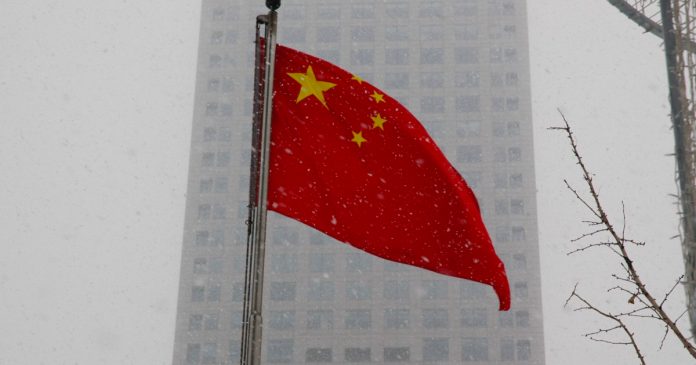A Chinese woman had been issued a deportation order by the Immigration and Refugee Board for her involvement with Beijing’s foreign interference.
The Board ruled that Jing Zhang had worked for the Overseas Chinese Affairs Office, which is allegedly involved in espionage in Canada.
Zhang was found to have contributed to the OCAO’s efforts to influence Canada’s Chinese diaspora in her 11-year tenure with the organization.
According to the 32-page decision, Beijing uses the OCAO to silence dissent abroad.
The Board said that the OCAO “was and remains involved in espionage against the PRC‘s targeted individuals and groups in Canada,” according to Global News.
Zhang’s deportation was officially decided in August of last year but was only made public on Monday, following Ottawa’s scheduled inquiry into foreign interference regarding the 2019 and 2021 federal elections.
China is the focus of the inquiry, but Russia, Iran and “other foreign states or non-state actors” will be examined as well, which appear to have a particular interest in Alberta.
Activists who’ve spoken out against the PRC have been met with harassment, intimidation and extortion by Beijing, as well as their extended families and those connected to them still living in China.
Beijing has tasked the OCAO with eliminating “potential threats and rival discourses” that pose a problem to the Chinese Communist Party’s grip on power.
“The evidence establishes that a key role of the OCAO has been intelligence gathering on dissidents and ethnic minorities external to China,” wrote the Board.
The Canadian Border Security Agency argued that the OCAO has been infiltrating Chinese communities throughout the country to suppress opponents like the Uyghurs and Taiwanese, among others.
The OCAO has “engaged in covert action and intelligence against them, manipulating them,” alleged the CBSA, adding that its mandate is “managing the overseas Chinese community’s behaviour” by means of incentives, disincentives and surveillance.
Zhang was employed by the OCAO in Yangzhou from 2008 to 2019, initially as director of public relations, before serving as director of overseas liaison.
She regularly made business trips abroad, as often as four times per year, where she would engage with “target groups” from within China and in the diaspora, reads the ruling.
“Her target populations included students, prominent individuals, government personnel and groups, and business persons,” it added. “Her activities and target populations demonstrate that she was fulfilling the objectives of the OCAO and its implementation of qiaouw.”
The IRB defines the Qiaouw as a tactic utilized by Marxist-Leninist to exploit dissident’s personal relationships to stifle critics of the Communist Party.
Zhang denied being a member of OCAO. Additionally, the RCMP continues to investigate a number of Chinese operated police stations that have been set up in Vancouver, Toronto and Montreal.
